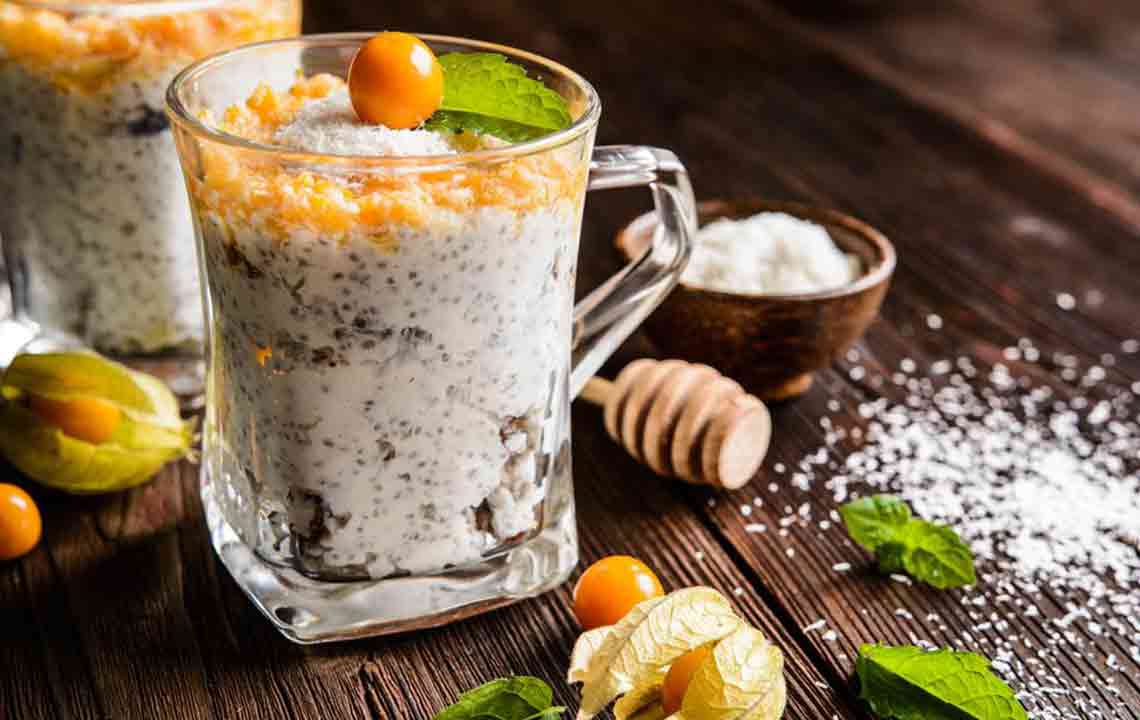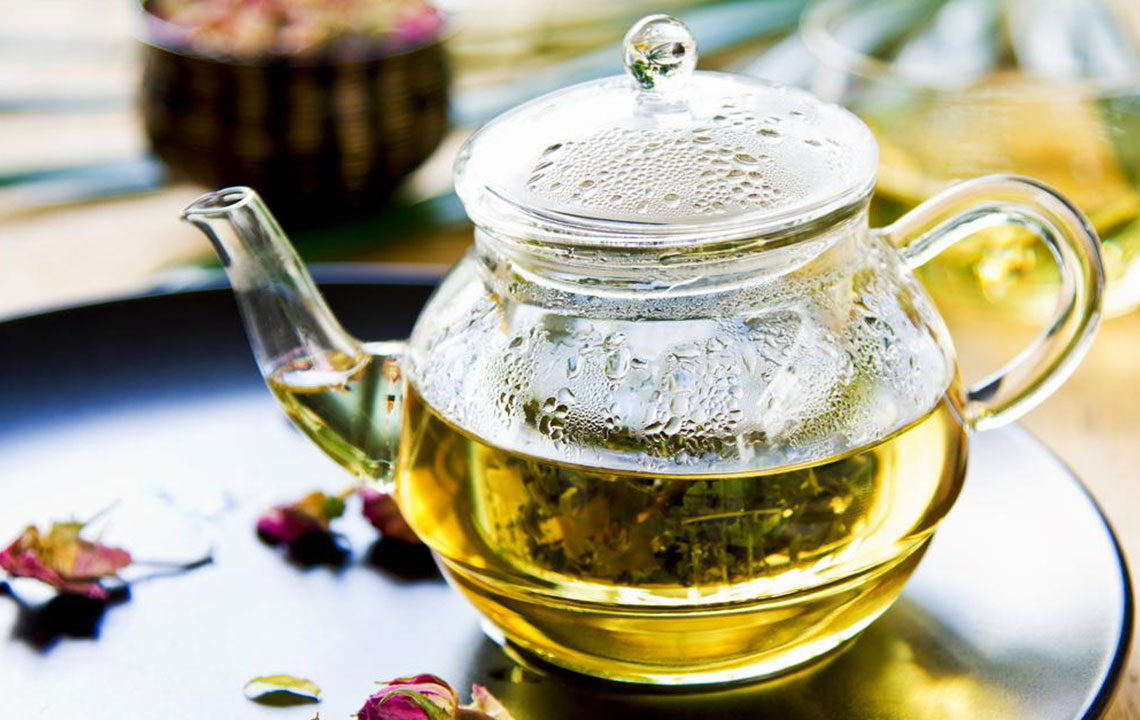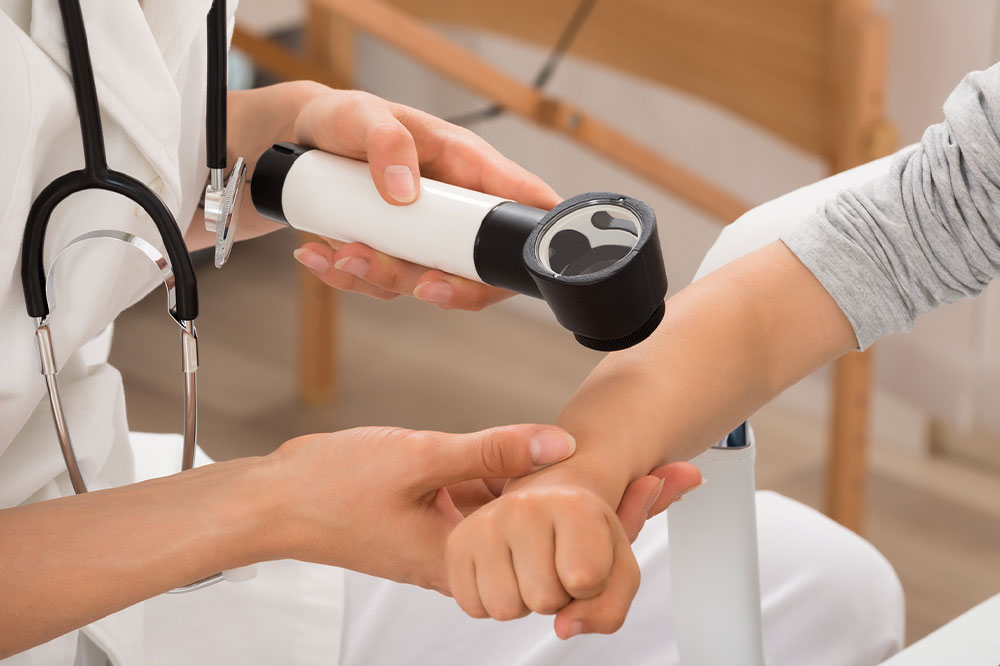Harnessing Probiotics for Natural Relief from Yeast Infections
This article explores how probiotics can serve as an effective natural approach to prevent and treat yeast infections. It covers symptoms, prevention tips, and the benefits of beneficial bacteria in maintaining microbial balance. Emphasizing natural remedies and lifestyle strategies, the piece offers practical advice for managing yeast overgrowth and supporting overall reproductive and digestive health. Ideal for those seeking holistic and preventive health solutions, the article highlights probiotic options and emphasizes early intervention for lasting results.

Effective Natural Strategies: Using Probiotics to Treat and Prevent Yeast Infections
Yeast infections and fungal illnesses are common health concerns that affect many individuals worldwide. Understanding the nature of these infections, recognizing their symptoms, and exploring natural and effective prevention and treatment options are essential steps toward maintaining optimal health. Among various methods, probiotics have gained recognition for their potential to combat yeast overgrowth naturally, supporting the body's defenses and restoring microbial balance.
Fungi are a diverse group of organisms that are ubiquitous in the environment, with nearly a million species identified globally. While most fungi are harmless or beneficial, only a small subset can cause diseases in humans. These pathogenic fungi often reside in soil, on skin, and in mucous membranes, remaining dormant until conditions favor their proliferation. Exposure through environmental contact, moisture, or immune suppression can trigger infections. Complete avoidance of these fungi is nearly impossible; therefore, understanding how to manage and prevent infections effectively is critical.
This comprehensive article delves into the types of yeast infections, their common symptoms, preventive measures, and how probiotics can serve as a natural, supportive therapy to maintain health and prevent recurrent issues. We also explore practical tips and scientifically supported strategies to incorporate probiotics into daily routines for healthier living.
Recognizing the Signs and Symptoms of Yeast Infections
Fungal infections can manifest in various forms, ranging from minor skin irritations to serious internal conditions. Superficial fungal infections, such as ringworm, exhibit characteristic ring-shaped rashes, redness, and itching. These infections are highly contagious and common among children and athletes. On the other hand, internal fungal infections—affecting organs like the lungs or intestines—can cause symptoms that mimic other respiratory or digestive illnesses, including persistent cough, fever, fatigue, and weight loss, necessitating medical attention.
The most prevalent form of yeast infection affects the genital region, impacting both women and men but more frequently seen in women. These infections—commonly known as vulvovaginal candidiasis—present with symptoms such as intense itching, burning sensations, soreness, and abnormal vaginal or penile discharge. Women might experience odorless, watery, or thick discharge, accompanied by redness, swelling, and discomfort. Men may notice itching, rashes, or redness around the genital area. Both genders can experience unusual irritation, soreness, and swelling, leading to persistent discomfort if left untreated.
What Are the Key Actions to Take When You Notice These Symptoms?
Early intervention is crucial for effective management. The first step involves maintaining good personal hygiene—wearing loose, breathable cotton underwear, avoiding tight-fitting clothing, and staying well-hydrated to support immune function. Self-care measures include the use of over-the-counter antifungal creams, ointments, or suppositories that target yeast overgrowth directly. Natural remedies like tea tree oil, known for its potent antifungal properties, can be applied topically after proper dilution. Inserting diluted tea tree oil via tampon or applicator has shown promising results in reducing symptoms.
Additionally, natural oils such as coconut oil, which contains lauric acid with antifungal effects, and probiotic-rich yogurt applied externally or consumed orally, can help restore microbial balance. Garlic and oregano oil are also recognized for their antifungal activity and can be incorporated into diet or used as supplements, after consulting healthcare providers.
Persistent or recurrent infections necessitate medical consultation. A healthcare professional may prescribe oral antifungal medications or recommend further diagnostic testing. Consequently, integrating probiotics into daily routines has been shown to reduce the likelihood of recurring yeast infections by boosting the body's natural defenses.
Can Probiotics Play a Role in Managing Yeast Overgrowth Effectively?
Absolutely. Probiotics are beneficial bacteria that help maintain the balance of microorganisms within the gut and other mucous membranes, including the vaginal area. When the natural bacterial flora is disrupted—due to antibiotics, stress, or poor diet—yeast organisms such as Candida can overgrow, leading to infection. Probiotics can help restore healthy bacterial populations, suppress Candida overgrowth, and enhance the immune response.
Research indicates that probiotic strains like Lactobacillus acidophilus and Lactobacillus rhamnosus play a significant role in preventing and managing yeast infections. They do so by producing lactic acid, which lowers pH and creates an environment unfavorable for yeast proliferation. Additionally, probiotics help reinforce the mucosal barrier, preventing pathogen entry and reducing inflammation.
Incorporating probiotic foods—such as yogurt, kefir, sauerkraut, and kimchi—along with probiotic supplements can effectively support this microbial balance. Numerous over-the-counter probiotic products designed specifically for vaginal and gut health are available online and in health stores. Examples include:
Garden of Life probiotics
Candida Skin Clean Yeast Treatment
Science + Nature Defense Yeast Capsules
Balance Candida Cleanse Supplements
Renew Life Ultimate Flora
Replenish Probiotics for Yeast Balance
Azo Complete Feminine Balance
Lovebug Candida Complex
These products are formulated to support a healthy microbiome and reduce the risk of yeast infections. Regular use, combined with proper hygiene and lifestyle habits, can lead to a healthier, infection-free life.
In conclusion, adopting natural remedies like probiotics alongside proper hygiene and dietary practices can significantly aid in preventing and managing yeast infections. From topical treatments to dietary modifications, a multifaceted approach enhances recovery and reduces recurrence. Consulting healthcare professionals for persistent issues ensures tailored treatment, while natural strategies empower individuals to take control of their health through safe, effective, and accessible options.





